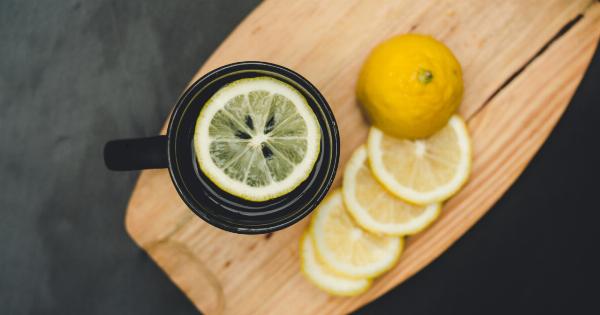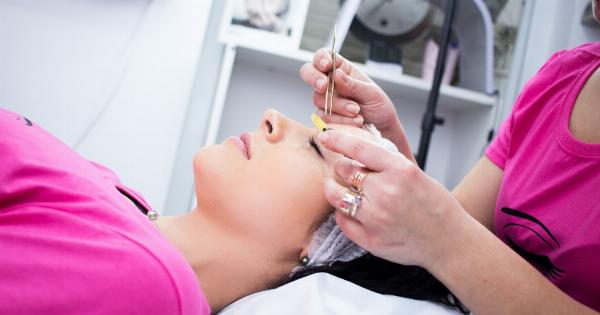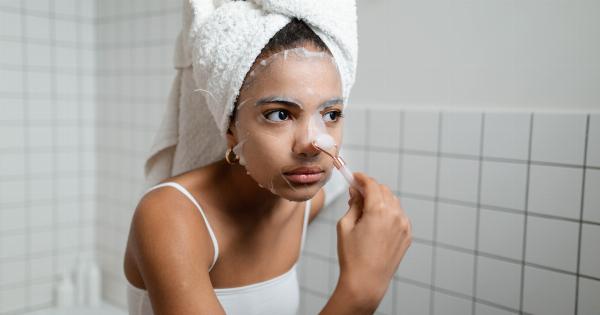Vaginal washing, also known as douching, is a practice that involves cleaning the inside of the vagina with water or other fluids.
However, not all women should practice vaginal washing, and those who do should take precautionary measures to avoid infection and other complications. Here is what every woman needs to know about vaginal washings.
What is vaginal washing?
Vaginal washing involves the practice of cleaning the vagina with water or other fluids, such as vinegar, baking soda, or commercially available douches. The procedure is often done after menstruation, sex, or to get rid of a foul odor.
Some women also practice vaginal washing as a regular hygiene routine.
Is vaginal washing necessary?
The vagina is a self-cleaning organ that produces natural secretions to maintain a healthy pH balance. In most cases, vaginal washing is not necessary, and it can even be harmful to the natural ecosystem of the vagina.
Regular washing of the external genitalia with mild soap and water is enough to maintain cleanliness and prevent odor.
When should vaginal washing be avoided?
Vaginal washing should be avoided if a woman is experiencing any symptoms of infection, such as discharge, itching, or burning sensation.
It is also not recommended for pregnant women, as it can increase the risk of complications, including preterm labor. Women who have undergone recent vaginal surgery or have a history of pelvic inflammatory disease should also avoid vaginal washing.
What are the risks of vaginal washing?
Vaginal washing can disrupt the natural balance of bacteria in the vagina, leading to an increased risk of infection. It can also wash away the protective mucus layer that covers the cervix, making it more susceptible to infection and inflammation.
In severe cases, vaginal washing can cause toxic shock syndrome, a life-threatening condition.
How to wash the vagina safely?
If a woman still prefers to practice vaginal washing, she should take necessary precautions to minimize the risks. Always use lukewarm water or a prescribed solution, and never use soap, shampoo, or bubble bath.
It is also recommended to use a dedicated vaginal washing device, such as a bulb syringe, to avoid introducing harmful bacteria from the anus. Do not overdo the washing, as it can lead to irritation and inflammation. Always wash hands before and after the procedure.
What are the alternatives to vaginal washing?
There are several safer alternatives to vaginal washing that can help maintain vaginal hygiene. These include:.
- Washing the external genitalia regularly with mild soap and water
- Wearing clean and breathable cotton underwear
- Using unscented menstrual products
- Avoiding tight-fitting clothes
- Eating a balanced and healthy diet to promote good vaginal health
Conclusion
Vaginal washing is not a necessary practice for most women and can even be harmful to the natural ecosystem of the vagina. If a woman still prefers to practice it, she should take necessary precautions and avoid it if she has any symptoms of infection.
Maintaining regular external genitalia hygiene and a healthy lifestyle is enough to promote good vaginal health.






























